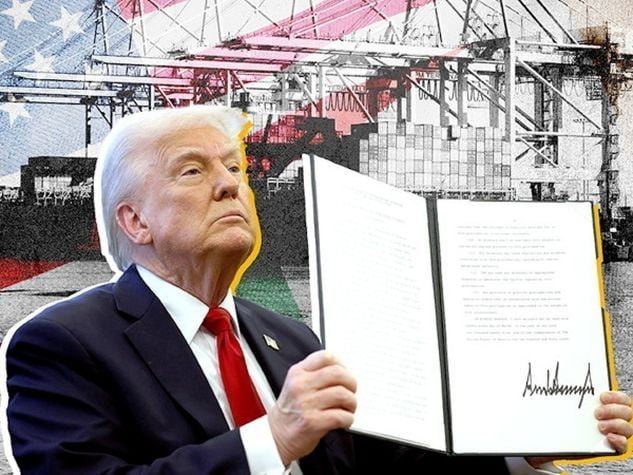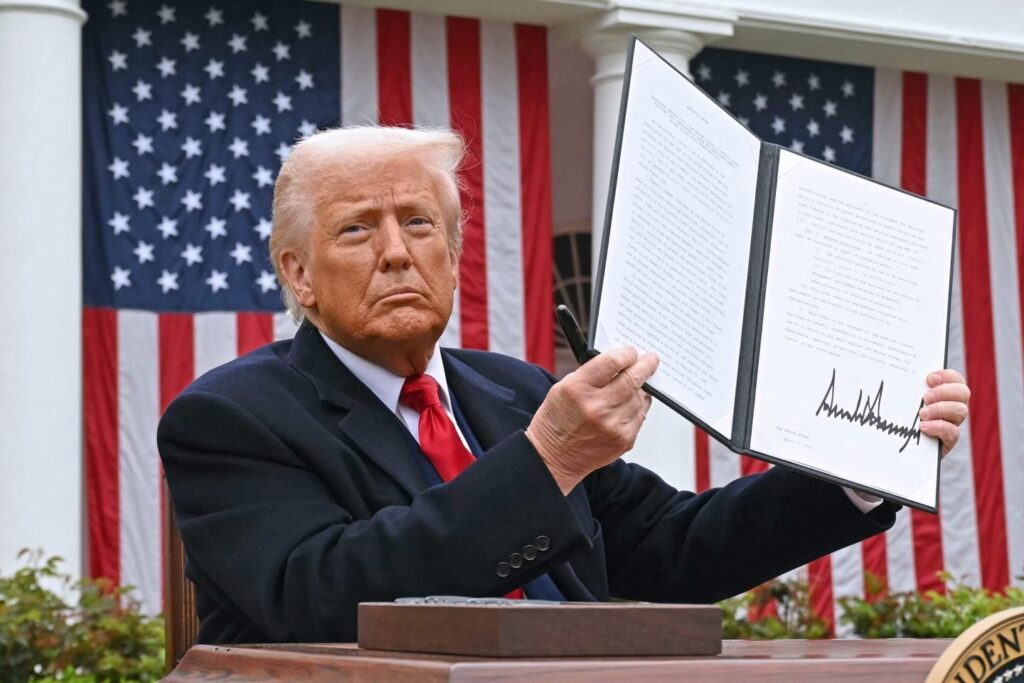Trump’s Shocking Movie Tariff Threat: 100% Levy on Foreign Films to Devastate Hollywood’s Global Empire
- US President Donald Trump vows to impose a 100% tariff on all foreign-made films entering the US, sparking uncertainty for Hollywood studios and raising questions about its legal authority.
- The move could up-end the global film industry, with studios relying heavily on cross-border co-productions and international box-office revenue.
- Industry experts warn that the tariff could lead to increased costs, passing the burden to consumers, and affecting thousands of US workers employed on overseas shoots.
Donald Trump has sent shockwaves through the film industry, announcing plans to impose a staggering 100% tariff on all foreign-made movies entering the US. This drastic move would radically alter Hollywood’s global business model, raising concerns about the legal authority behind the proposal.
In a provocative statement on his Truth Social platform, Trump declared, “Our movie-making business has been stolen from the United States of America by other countries, just like stealing candy from a baby.” The president first floated the idea of a movie tariff in May, leaving entertainment executives baffled about its scope and implementation.
The White House has remained tight-lipped about the tariff’s legal basis, refusing to comment on how it would be enforced. Top US studios, including Warner Bros Discovery, Paramount Skydance, and Netflix, have also declined to respond to requests for comment.
Industry experts are warning of a potentially disastrous outcome, with tech media analyst Paolo Pescatore stating, “There is too much uncertainty, and this latest move raises more questions than answers. For now, as things stand, costs are likely to increase, and this will inevitably be passed on to consumers.”

The US film industry boasts a significant trade surplus, with exports reaching $US22.6 billion ($A34.4 billion) in 2023. However, studios have grown increasingly reliant on overseas production hubs, such as Canada, the UK, and Australia, where tax incentives have attracted big-budget shoots. Co-productions with foreign studios have also become more prevalent, particularly in Asia and Europe.
Industry executives fear that a broad tariff could have far-reaching consequences, affecting the thousands of US workers employed on overseas shoots, from visual effects artists to production crews. The move could also lead to a decline in investment in the US film industry, as studios rethink their production strategies.
As the entertainment industry grapples with the implications of Trump’s proposal, one thing is clear: the global film landscape is on the cusp of a seismic shift, and the consequences will be felt far beyond the confines of Hollywood.

